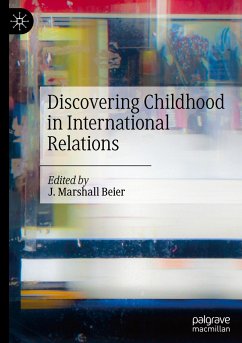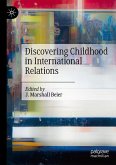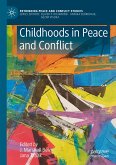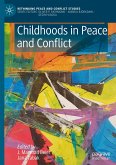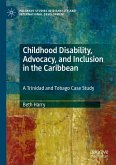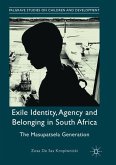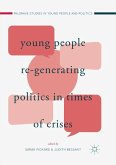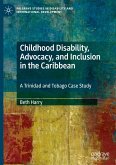This book examines how and why, in the context of International Relations, children's subjecthood has all too often been relegated to marginal terrains and children themselves automatically associated with the need for protection in vulnerable situations: as child soldiers, refugees, and conflated with women, all typically with the accent on the Global South. Challenging us to think critically about childhood as a technology of global governance, the authors explore alternative ways of finding children and their agency in a more central position in IR, in terms of various forms of children's activism, children and climate change, children and security, children and resilience, and in their inevitable role in governing the future. Focusing on the problems, pitfalls, promises, and prospects of addressing children and childhoods in International Relations, this book places children more squarely in the purview of political subjecthood and hence more centrally in IR.

